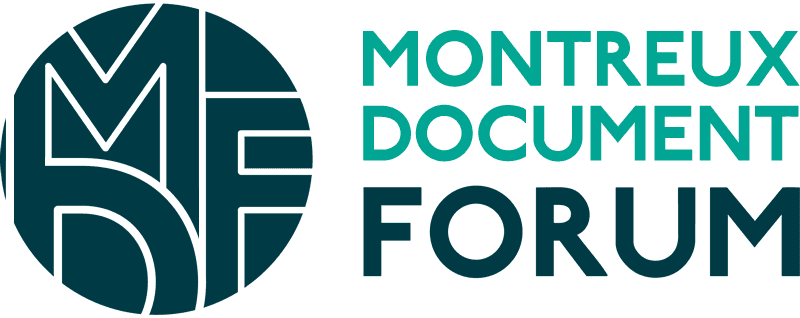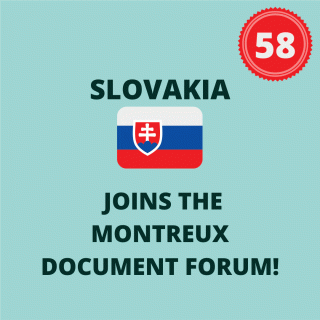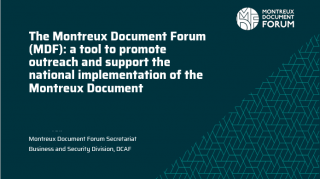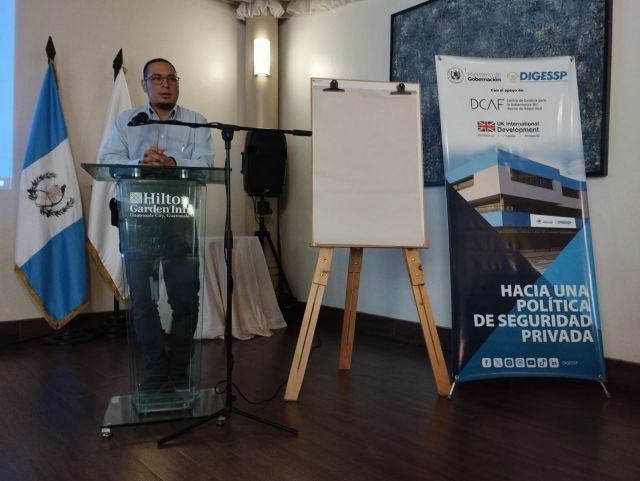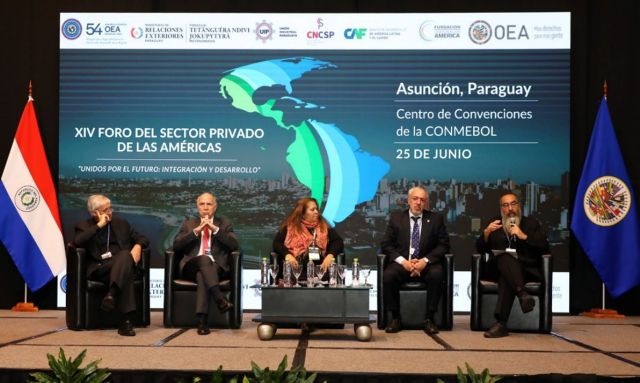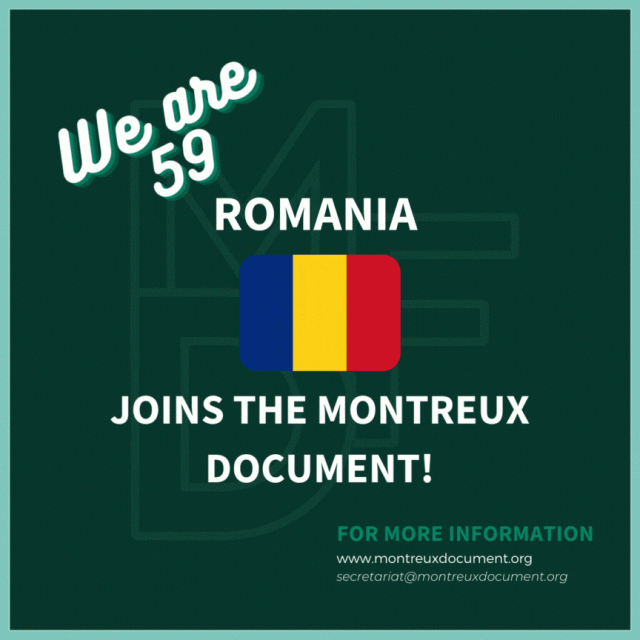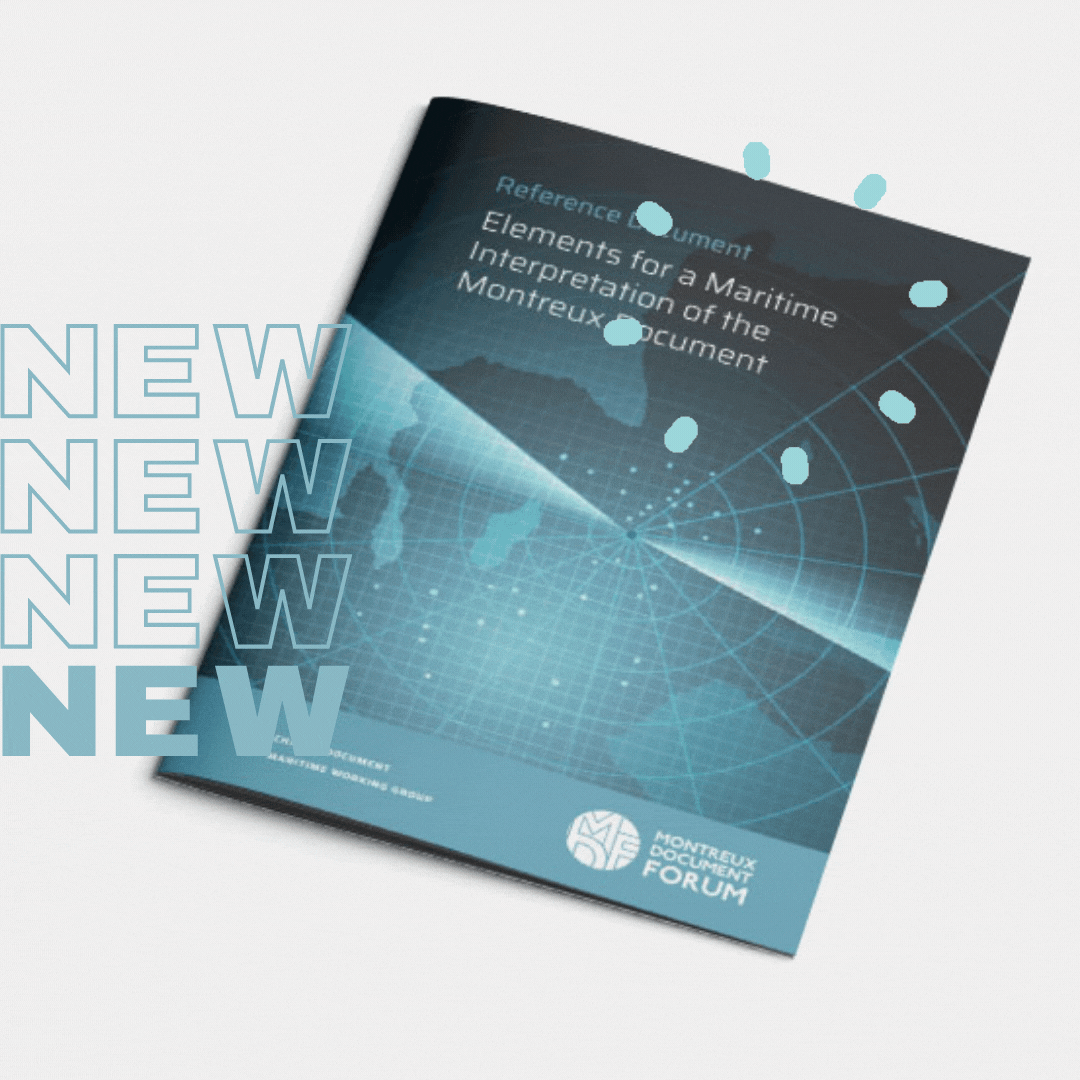
The MDF Maritime Working Group has developed a reference document for a maritime-focused interpretation of the Montreux Document.
The protection of merchant ships from security threats like piracy and armed robbery at sea is an ever-growing business sector of the PMSC industry. The shipping industry relies on private maritime security personnel to protect vessels, cargo, and seafarers. In 2017, the cost of contracted maritime security services totaled 292.5 million USD in East Africa and 213.7 million USD in West Africa (Pigeon et al., 2018). Developments such as the hybridization of maritime security models (i.e., combining both public and private security operators) and a lack of effective oversight mechanisms have resulted in a greater difficulty in monitoring the activities of PMSCs. This induced a lack of control of the proliferation of weapons at sea and a higher potential for the use of force, in scenarios distant from State enforcement or control, as well as a risk of unregulated armed maritime security teams and lack of awareness of existing regulations. Consequently, actions by some actors could increase violence at sea and negatively impact human rights.
The expansion of the operational area of PMSCs at sea has triggered a debate on the applicability and pertinence of the MD in the maritime context. Looking into ways of upholding the MD as a practical and realistic contribution in promoting respect for international law and human rights, the Montreux Document Forum (MDF), co-chaired by Switzerland and the ICRC, established a Working Group on the use of Private Military and Security Companies in Maritime Security (the Maritime Working Group) in 2014. The Maritime Working Group serves as a forum to discuss the relevance of the MD to maritime security, its interaction with relevant international organizations, and discusses ways to assist States in implementing the MD.
Upon its foundation, the Maritime Working Group identified developing a reference document for a maritime-focused interpretation of the Montreux Document as an essential output of its work. The reference document aims to assist States in regulating the PMSC industry in maritime contexts (complementing other processes set out for maritime environments).
This reference document is the result of an in-depth research and consultation process, starting in 2018. The document builds on inputs from States, private military and security companies, the shipping industry, experts from academia, civil society, and international organizations. The Chair of the Maritime Working Group would thus like to express its gratitude to all parties who reviewed and commented on the different draft versions. The Chair notes that it has been particularly crucial to consider different viewpoints to identify and understand the roles and responsibilities of States and other relevant actors.
Latest News
-
On 23 August, the government of Guatemala officially launched a multi-stakeholder initiative to strengthen the current national regulation on PMSCs.11 September, 2024
-
On the 29th of June, the Organization of American States (OAS) reaffirmed its commitment to promoting and strengthening support for the Montreux Document and the International Code of Conduct Association (ICoCA).31 July, 2024
-
On the 21st of September 2023 Romania officially declared its participation in the Montreux Document, proudly becoming the 59th State.29 September, 2023

